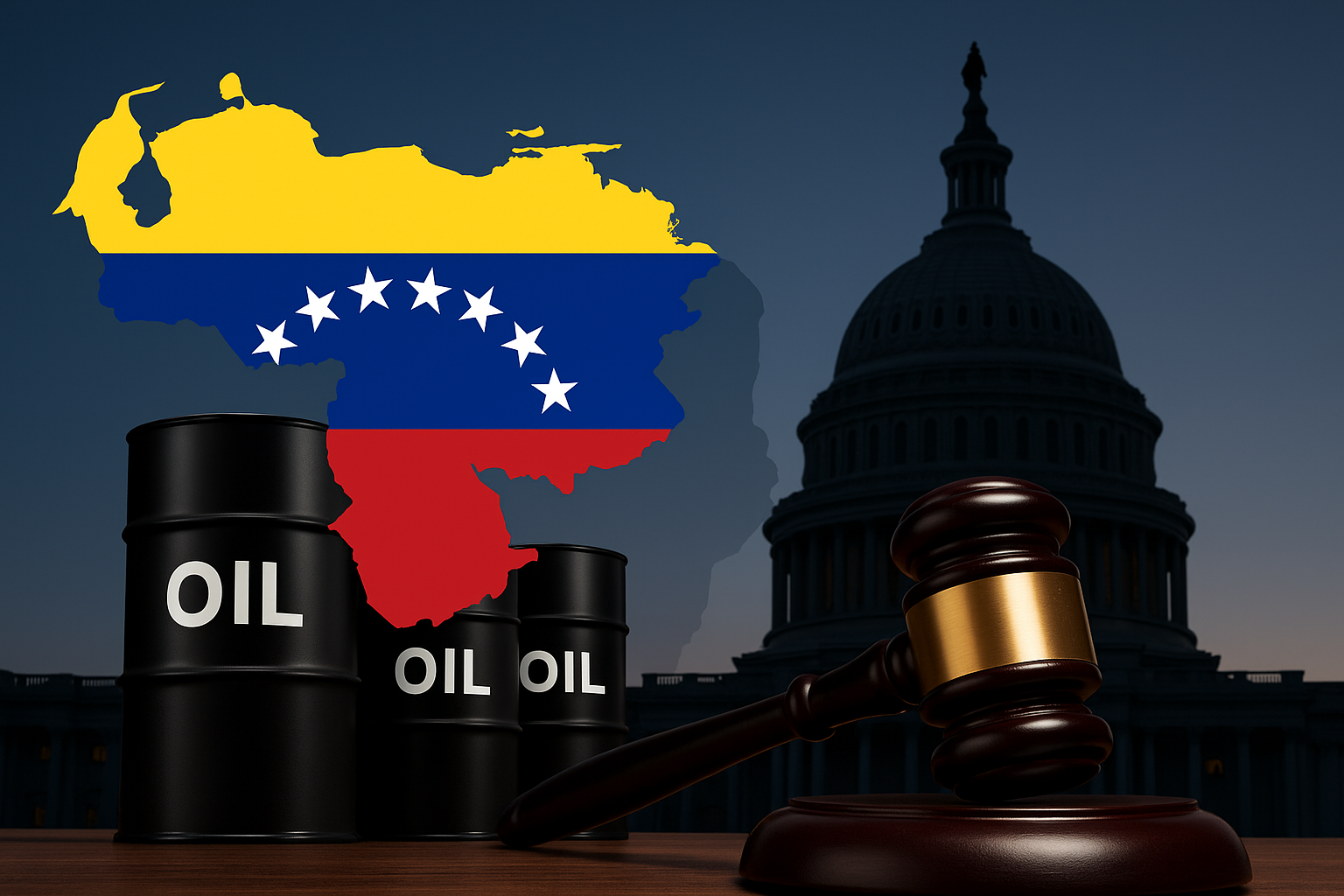Trump Escalates Strikes on Venezuela; U.S. Senators Push Back With War Powers Resolution
By Tredu.com • 10/17/2025
Tredu

Introduction
President Donald Trump has sharply escalated U.S. pressure on Venezuela through military strikes and covert CIA authorization, prompting bipartisan senators to introduce a war powers resolution aimed at limiting further actions without Congressional approval. The standoff intensifies legal, political, and regional tensions.
What Triggered the Pushback
Over recent weeks, the U.S. military has conducted at least five strikes on vessels near Venezuela, resulting in 27 fatalities. The Trump administration frames these as part of its campaign against “narcoterrorism.”
In parallel, Trump confirmed that he authorized the CIA to carry out covert operations inside Venezuela, an escalation that broadens the campaign from maritime strikes to shadow incursions.
These moves have provoked backlash from legal scholars and members of Congress, who argue that many actions lack statutory or constitutional authorization.
The Senators’ Resolution & Objectives
Senators Tim Kaine (D-VA), Adam Schiff (D-CA), and Rand Paul (R-KY) are leading the effort to force a Senate vote on a resolution that would:
- Prohibit military action against Venezuela without Congressional authorization
- Reinforce constitutional boundaries over war powers
- Demand transparency and justification from the executive branch
A prior version of this resolution was narrowly blocked (51–48) along partisan lines, but the sponsors are seeking more Republican support this time.
Speaker Kaine emphasized that the U.S. Constitution delegates war authority to Congress, not the president, except for short-term strikes.
Strategic & Legal Implications
Executive vs Legislative Authority
The conflict spotlights the recurring tension between presidential flexibility in foreign policy and Congressional checks, especially when covert or indirect military actions are used.
International Law & Sovereignty
Venezuela has formally asked the U.N. Security Council to label the U.S. strikes as illegal and affirm its sovereignty. The legal basis for U.S. actions, especially covert ones, faces scrutiny under international norms.
Risk of Escalation
With Trump hinting at possible land strikes, the situation could escalate rapidly. Many fear mission creep, regional backlash, or entanglement in internal Venezuelan dynamics.
Congressional Oversight and Transparency
The resolution demands accountability: who was killed, what evidence exists, costs, strategic rationale, all areas currently veiled by secrecy.
Market & Geopolitical Effects
Heightened military tension in Venezuela could reverberate in oil markets, given Venezuela’s role in the OPEC+ fold, and shift investment flows in Latin America toward perceived safer jurisdictions. Global risk sentiment may skew toward safe havens like gold or U.S. Treasuries.
If the Senate resolution passes and limits further military action, it could constrain some geopolitical uncertainty and offer markets more predictability in Latin American exposures.
What to Monitor Next
- Senate vote outcome and coalition of support
- Statements from the White House and Defense Department
- Fresh U.S. actions: whether further strikes or land incursions
- Venezuelan reaction and international diplomatic moves
- Oil price behavior, especially in Latin American producers
Conclusion
As Trump intensifies pressure on Venezuela via maritime strikes and CIA coercion, bipartisan U.S. senators are pushing a war powers resolution to rein in unchecked military escalation. At stake is not just U.S.–Venezuela relations, but the balance of constitutional power, international legality, and regional stability. The core theme: in democratic governance, unchecked foreign power calls for institutional checks and clarity.

How to Trade Like a Pro
Unlock the secrets of professional trading with our comprehensive guide. Discover proven strategies, risk management techniques, and market insights that will help you navigate the financial markets confidently and successfully.


